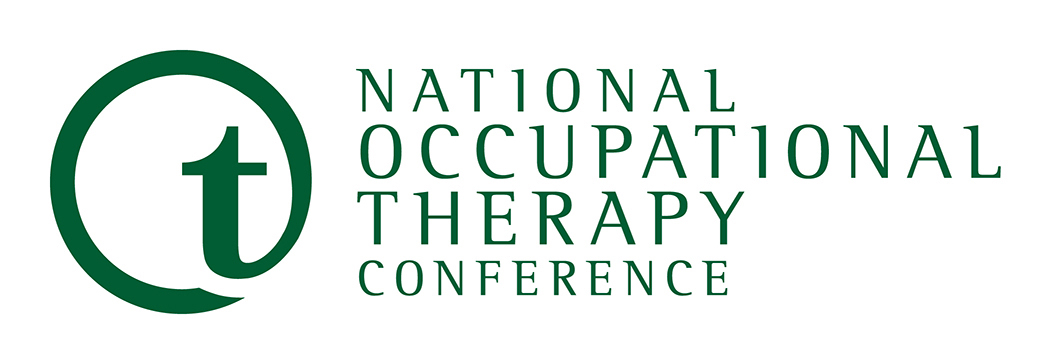NOTC 2017 Scientific Committee warmly invites participants to submit their abstracts of original, unpublished works, case reports, and reviews for oral or poster presentation. We accept papers related to clinical practice and education as well as programme evaluation, quality and service improvement. Papers which demonstrate new innovative areas of Occupational Therapy practice and approaches are highly encouraged.
Occupational Therapists whose abstracts are accepted will stand a chance to win the “Best Clinician Research Award” or “Best Clinician Innovation Award”. Studies done as undergraduate student projects can vie for the “Best Student Presentation Award”.
Important Dates
- Opening Date for Submission: 15 May 2017
- Submission Deadline: 20 July 2017
- Notification of outcome of submission: Mid-August 2017
Note: Abstracts submitted during extended deadline cannot be edited nor withdrawn upon submission.
Abstract Submission Guidelines & Instructions
Title
The title should be as brief as possible. Do not use any abbreviations or acronyms. The title will be published as submitted.
Practice Area
Choose the practice area that best fits your abstract.
- Children and Youth
- Older Adults
- Health and Wellness
- Mental Health
- Rehabilitation, Disability and Participation
- Work and Industry
- Education and Professional Development
- Assistive Technology
- Quality and Service Improvement
Abstract Content (Maximum 250 words)
Use the following headings for your abstract:
- Introduction/Rationale State context and importance of study/project
- Objectives State the aim and objective(s) of the study/project
- Method OR Approach Describe the method(s), study design, setting, population and analysis process
- Results OR Practice Implications Describe the results in sufficient detail to support the conclusion
- Conclusion State the implications of the findings for clinical practice, education, research, service or policy
Please refer to “NOTC Tips for writing an abstract” on how to write a good scientific abstract.
Note
- All abstracts must be presented in clear English with accurate grammar and spelling, suitable for publication. Abbreviations should be given in brackets after the first full use of the word.
- All data must be in narrative form. Do not use tables or graphics. Do not submit abstract in note or point form. Submissions that do not follow the requirements will not be accepted for review.
- Abstracts submitted should be significantly advanced or completed at the time of submission. The abstract should make clear of the status of the study/project.
- References are not required. If you wish to include them, they must be within the 250 word count.
- Do not include authors’ names, institutions or other identifiers in your title and abstract content as all submissions will be blind reviewed.
Abstract Selection & Review
- All submissions will be reviewed by the Scientific Committee for technical merit and suitability of content.
- The abstracts will be reviewed based on the following criteria:
- Quality of written abstract
- Completeness and relevance of information provided
- Impact to Occupational Therapy practice
- The Scientific Committee reserves the right to reject any paper that does not meet content or presentation expectations.
- The final outcome of the selection is subject to the Scientific Committee’s discretion.
Presentation
- All authors should be prepared to do an oral or poster presentation at anytime on the day of the conference on 4 November 2017.
- All authors who are presenting must register and pay for conference delegate passes.
- If the author who submitted the abstract is unable to present the abstract, a co-author can present on his/her behalf.
Publication
- Abstracts will be published as submitted.
- The Scientific Committee reserves the right to modify the submitted text of abstracts to correct grammatical and sentence construction errors. Every effort will be made, in these instances, not to alter the meaning of the text. Corresponding authors will be contacted for confirmation of the final version prior to inclusion in proceedings.
